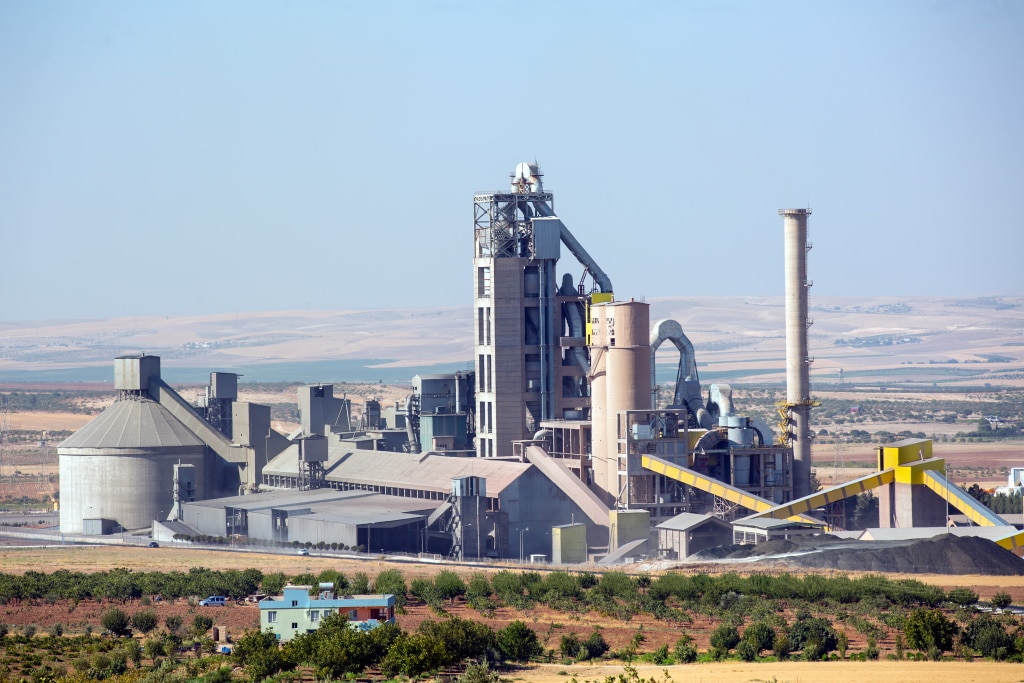The partnership between the International Finance Corporation (IFC) and Sococim involves the mobilisation of 242 million euros. The World Bank Group’s private sector financing arm will contribute €120 million. The other part of the financing, i.e. 122 million euros in local currency (the CFA franc), will be mobilised from several commercial banks, notably the Senegalese subsidiary of the French bank Société Générale and the Banque Internationale pour le Commerce et l’Industrie du Sénégal (BICIS), the subsidiary of the French group BNP Paribas.
CBAO Groupe Attijariwafa Bank will also participate in the financial mobilisation in favour of Sococim, alongside the Senegalese subsidiary of Ecobank Transnational Incorporated. As part of this transaction, Société Générale Sénégal will act as administrative agent to manage the local currency financing with the other lenders.
Energy efficiency
Most of the financing raised (USD 214 million) is intended to support Sococim’s investments to decarbonise its cement production. Clinker, the basic component of cement, is known to have a negative carbon footprint due to its very high temperature production requiring a significant amount of energy.
Read also- ALGERIA: Lafarge launches “Chamil”, a low carbon cement for eco-construction
In its investment plan, Sococim is expected to spend USD 260 million to modernise its clinker production plant. The project will replace part of its existing clinker production lines with a new, more fuel-efficient line. According to Sococim, the new line will improve the energy efficiency of its plant by replacing fuel with “alternative fuels”.
Decarbonising clinker
“Accelerating the modernisation of the oldest cement production plants is crucial to reducing the sector’s carbon footprint, while at the same time filling the growing housing deficit that rapid urbanisation is creating in countries such as Senegal,” says the IFC, which supports Sococim’s strategy.
According to the subsidiary of the French group Vicat, the use of alternative fuels will make it possible to avoid emissions of 312,000 tonnes of CO2 equivalent per year by 2030. But other cement companies are going further by simply replacing clinker in cement production. This is the case of Continental Blue Investments Ghana (CBI), which relies on calcined clay for the production of low-carbon cement in Ghana.
Jean Marie Takouleu
